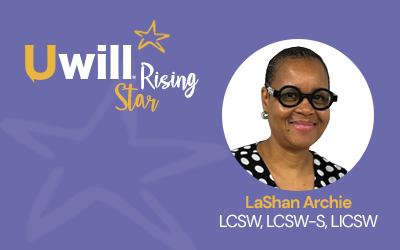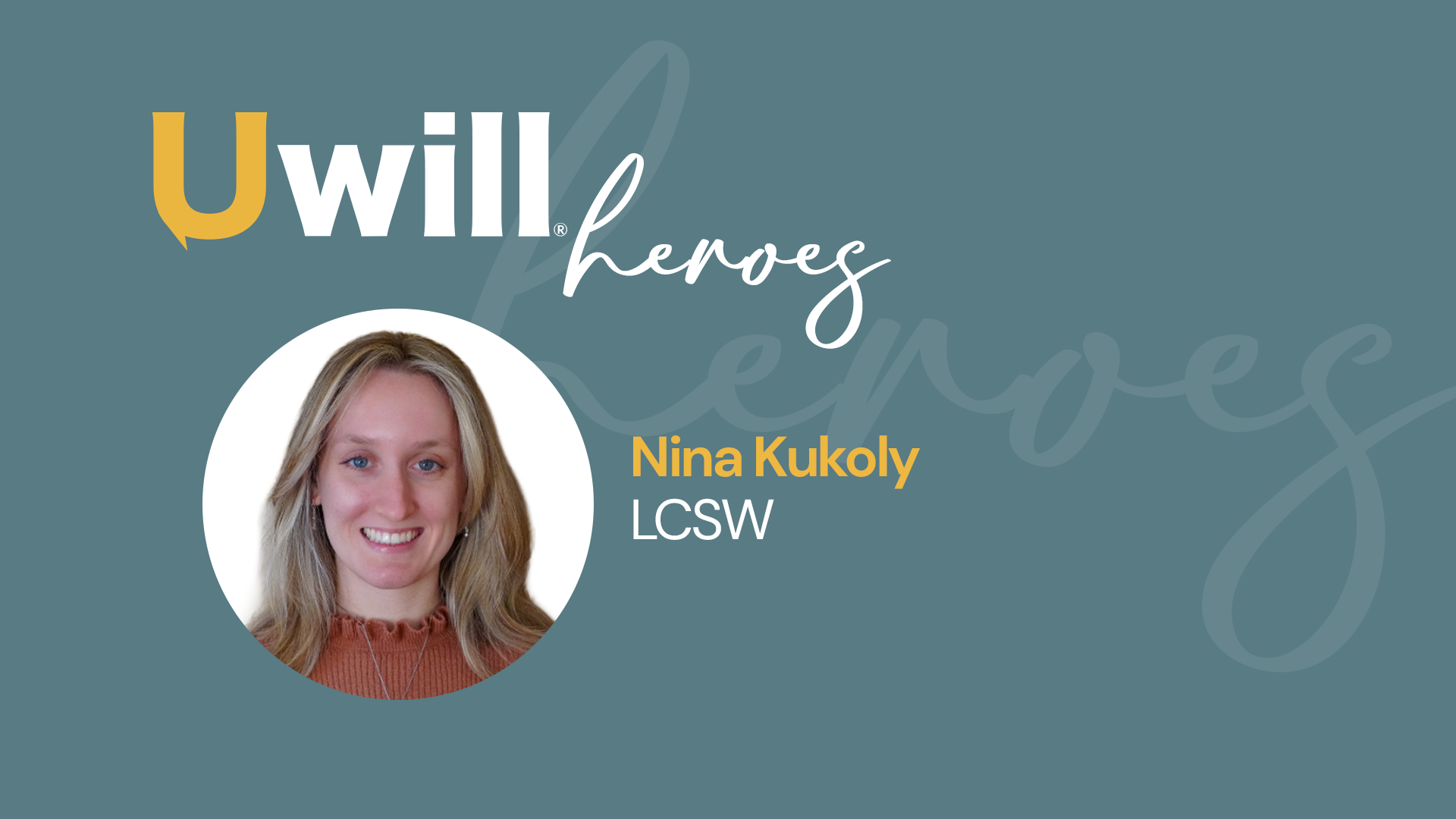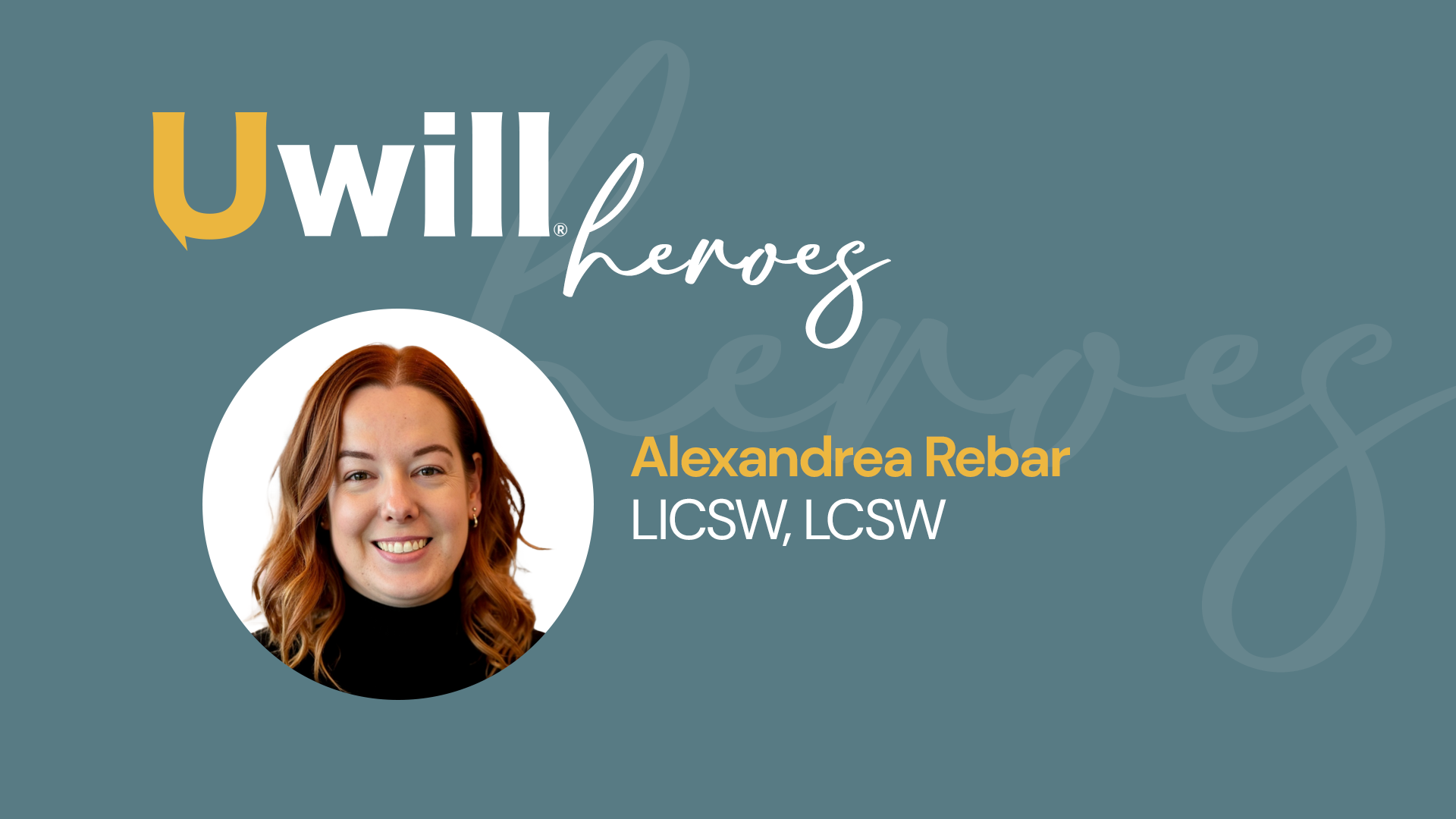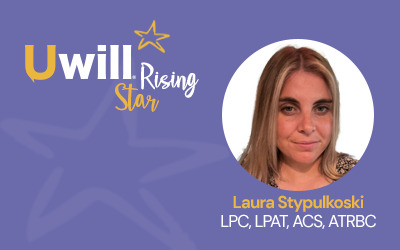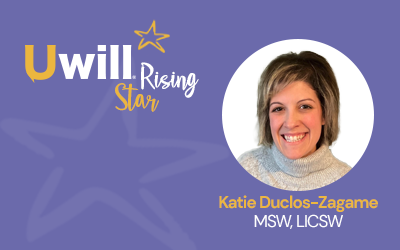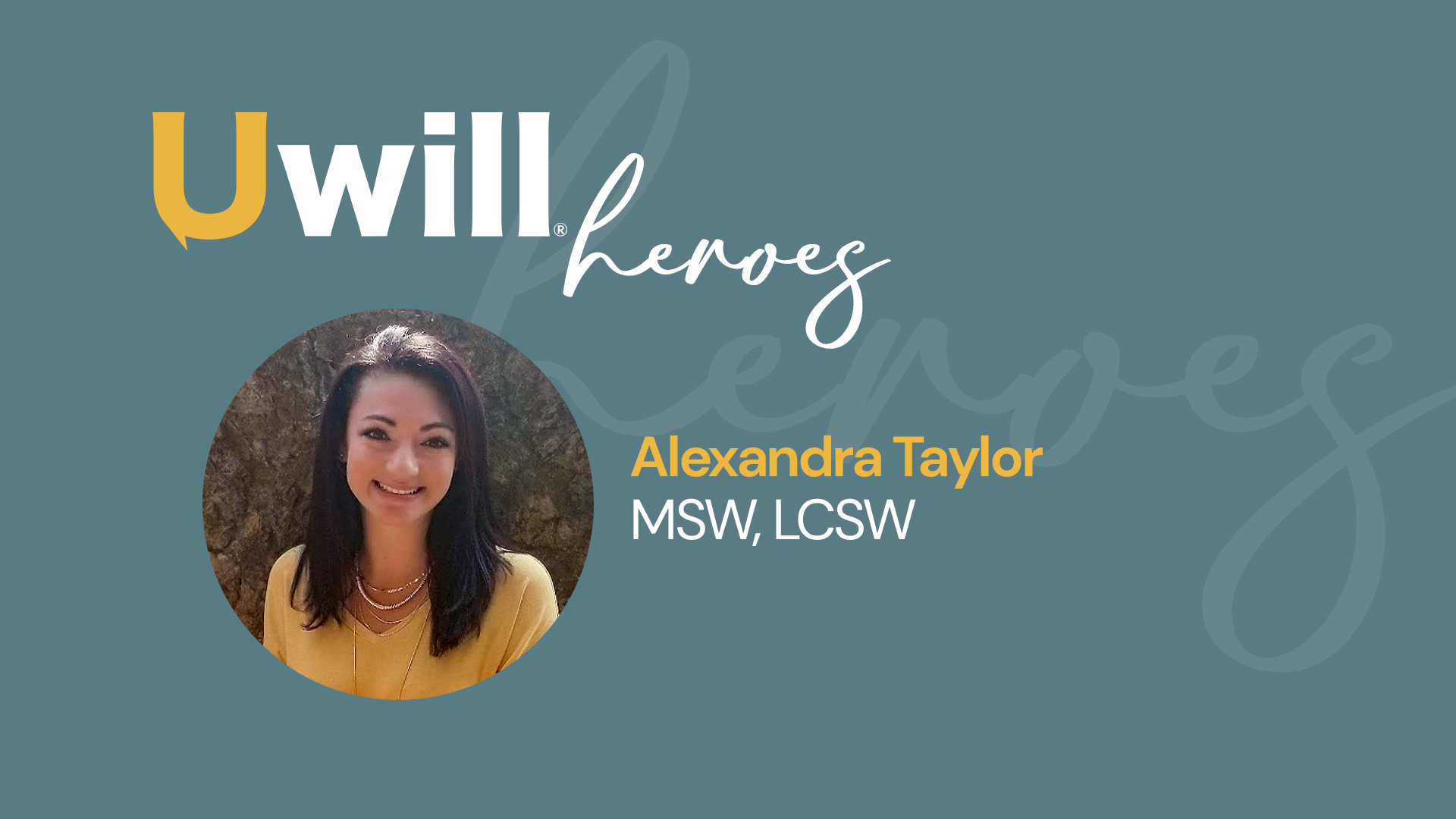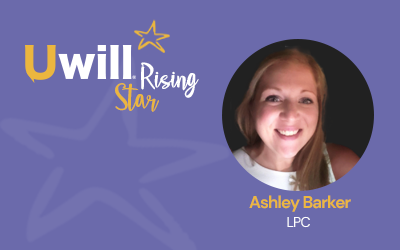Three Questions to Consider When Choosing Crisis Support
A student may face a mental health crisis at any time – at night, on a weekend or holiday, or during a school break. How prepared is your school to support students in those moments?
Uwill’s Erin Andrews, LMHC, LPCC suggests three critical questions to ask as you evaluate crisis support options for your school’s mental health and wellness offering.
1. Minutes Matter: How quickly can a student in crisis receive help?
When a mental health crisis occurs, every minute – every second – matters. Some crisis models create delays – requiring students to navigate phone trees, hold times, insurance questions, and call transfers before being able to talk to someone that can support. The most effective solutions eliminate these barriers. With Uwill’s Uhelp, students are connected with a licensed therapist trained in crisis care in less than 30 seconds, no matter the time of day or day of week. Immediacy can make the difference between safety and harm.
71% of Uwill’s crisis calls
are received after-hours (M-F 5pm – 9am, weekends)
2. Experience Matters: Who is on the other end of the line?
Immediacy is important, but not at the expense of qualified support. When a student does reach out in crisis, who are they speaking with? Are they reaching a call center, or a qualified licensed professional prepared to perform a risk assessment and de-escalate a situation? Uwill’s Uhelp provides students with a direct connection with a licensed therapist specifically trained in crisis response and equipped with your school’s crisis procedures and protocols.
3. Follow-Up Matters: What happens after the crisis?
Effective crisis support extends beyond the initial de-escalattion. Students who experience a mental health crisis may continue to face issues and risk in the days and week to follow. Institutions should question what type of follow-up care is in place? A strong offering includes proactive outreach focused on fostering connection. With Uwill, students receive a clinical check-in 48 hours and 30 days following the original crisis connection. These follow ups are conducted by licensed counselors who can also direct students to teletherapy and wellness support through Uwill’s platform for ongoing care.
When evaluating crisis support, the most important questions are simple and powerful. Thoughtful responses to these questions can ensure a school’s offering is properly set up to offer immediacy, with licensed therapists, and proper follow-up for students facing a mental health crisis.
If you are looking to bring Uwill to your organization:
 Erin Andrews serves as Director, Clinical Affairs for Uwill, the nation’s fastest-growing mental health solution serving more than 4 million students at 500+ institutions. Erin is the creator and driving force behind Uhelp, Uwill’s high-risk and trauma solution that has changed the landscape for college students in immediate need of mental health crisis support. As an LMHC, LPCC with an expertise in cognitive behavioral therapy, Erin received her bachelor’s degree in psychology from Furman University and master’s degree in mental health counseling and wellness from New York University.
Erin Andrews serves as Director, Clinical Affairs for Uwill, the nation’s fastest-growing mental health solution serving more than 4 million students at 500+ institutions. Erin is the creator and driving force behind Uhelp, Uwill’s high-risk and trauma solution that has changed the landscape for college students in immediate need of mental health crisis support. As an LMHC, LPCC with an expertise in cognitive behavioral therapy, Erin received her bachelor’s degree in psychology from Furman University and master’s degree in mental health counseling and wellness from New York University.
Share this:
![]()
Uwill is a Teletherapy Educational Partner of NASPA
![]()
Uwill is the Exclusive Teletherapy Education Partner of the Online Learning Consortium
Resources

Copyright © 2024 Uwill | 1075 Worcester St, Natick, MA 01760 | 833-99-Uwill

